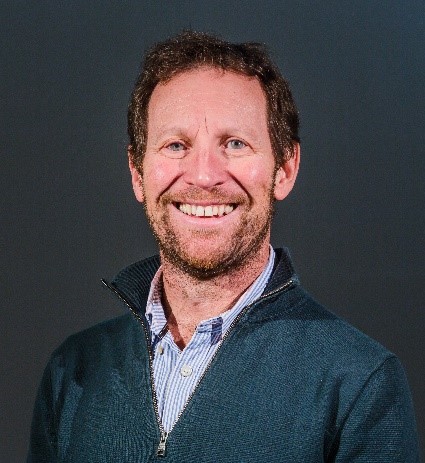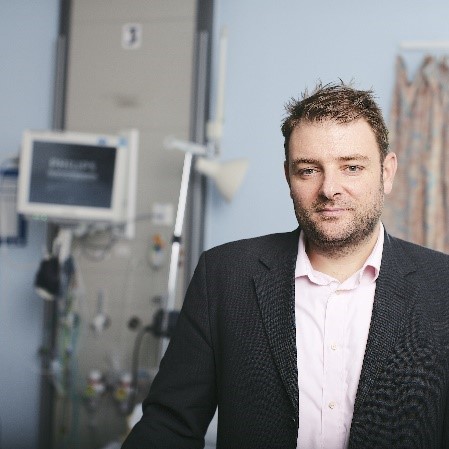
New model finds triaging COVID-19 patients for intensive care can reduce “life-years lost” by at least 12 per cent.
10 February 2021
Using computer modelling, a new study finds that applying a “reverse-triage” approach during periods of intense Covid-19 demand could significantly reduce “life-years” lost.

“Protecting the NHS” from being overwhelmed has been one of the most important issues throughout the COVID-19 pandemic. New research published today in journal Medical Decision Making (MDM) uses computer modelling to assess the value of potential strategies for triaging Covid-19 patients for intensive care.
Triaging is the process hospitals use to review the urgency of a patient’s condition and decide the order in which patients or casualties are treated. This study compared no triage (first-come, first-served), with a triage approach prioritising patients with the greatest chance of surviving admission based on age. The triage approach has little impact on the number lives saved; but can result in an 8% reduction in number of life-years lost, because the lives of younger patients are saved.
Improved results can be achieved by admitting all patients but considering early discharge for those with worse survival chances given arrival of others with better prognoses and lack of spare capacity. Under this “reverse triage” strategy, total life-years lost can be reduced by 12%, based on a conservative assessment of the likelihood of death following early discharge.
Dr Richard Wood, lead author of the study, said: “Intensive care services have been under a tremendous amount of pressure. Although the peak of the latest wave of Covid-19 appears to have passed, we should continue to prepare for all eventualities, including further waves. While use of reverse-triagemay be unfamiliar in normal times, this analysis supports its value if healthcare services are truly overwhelmed.”
“It is important that the results of our modelling study are considered alongside important ethical considerations about which patients should be prioritised for admission and the appropriate conditions for discharge.”
This research is the result of a collaboration between NHS doctors, service planners, and academics working across the HDR UK South-West Better Care Partnership. Through this multi-disciplinary group, an epidemiological model was used to derive Covid-19 demand trajectories that were incorporated within a computer simulation of the various intensive care triage processes for admission and discharge.
Professor Jonathan Sterne, Research Director, HDR UK South-West Partnership said, “Using data, modelling and analytics, this study allows us to give more effective guidance to clinicians to support decision making and deliver real-world benefits. It is fantastic example showing how health data and collaborations between doctors, planners and academics can inform NHS decision making in the crucial ICU setting.”
Read the full study
The Value of Triage during Periods of Intense COVID-19 Demand: Simulation Modelling Study is published in Medical Decision Making and is available here.
HDR UK South-West partnership
Better Care South-West Partnership is a collaboration of NHS commissioners, primary, secondary, community and mental health care providers, local authorities, and academia. They look to address real-world health problems using the Bristol, North Somerset and South Gloucestershire (BNSSG) Systemwide health and social care dataset and have an ambition to use individual-level, linked routine care and administrative data to deliver a learning, Integrated Care System for the local population.


